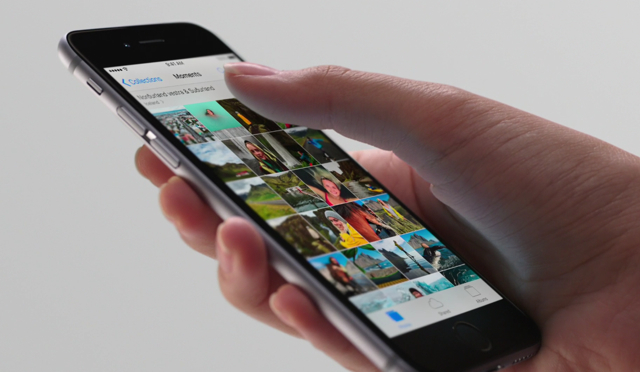Apple and U.S. Government Battle Over Privacy vs. Terrorism
February 22, 2016
The battle between terrorism and privacy has been brewing for quite some time, and the tipping point was the iPhone belonging to Syed Rizwan Farook, who, with his wife, opened fire at an office party in December 2015, killing 14 people and injuring 22. The FBI has been trying to decrypt Farook’s phone, unsuccessfully, and asked Apple to create a “backdoor” code into the phone. Apple refused, and now a court order gives the Silicon Valley company five days to comply. Chief executive Tim Cook is holding firm.
Apple has already said it will fight the order, notes The Wall Street Journal, “setting the stage for what both sides expect will be a precedent-setting case in an era of ubiquitous smartphones.” Both sides, says WSJ, expects the legal fight to reach the Supreme Court, “and the possibility that the case could prompt Congress to act.” Cook has gone so far as to publish a letter to Apple customers explaining the company’s stance.
Former senior FBI official Ron Hosko notes that, “the FBI has been looking for some time for the right case to make a broader point about the dangers of phone encryption.” Several authorities have weighed in on the FBI’s side. The Manhattan district attorney’s office stated that iPhone encryption has “kept it from executing about 155 search warrants” for cases including “homicide, attempted murder, sexual abuse of a child, sex trafficking, assault and robbery.”
Senator Tom Cotton said that “Apple chose to protect a dead [Islamic State] terrorist’s privacy over the security of the American people.’’
But Cook, for whom privacy has long been a concern, has also received “letters from around the globe” thanking him for standing up for privacy rights, reports The New York Times. Cook also noted, however, that Apple has helped the FBI in the current case, sending engineers to San Bernardino, California to help the FBI unlock Farook’s phone.
Google chief executive Sundar Pichai has signaled his support for Cook, says NYT. And while other technology chiefs have added their names, they’ve been slow to do so and muted in their response, often not mentioning the specific case in question.
The public’s response has also been split, notes NYT, with a CBS News poll showing that 54 percent of the public, regardless of party affiliation, were “very or somewhat concerned about the loss of privacy,” due to the government’s efforts to combat terrorism, “while 44 percent were not very concerned or not at all concerned.”
Yet 46 percent of Americans “said they were more apprehensive that the government would fail to enact strong antiterrorism laws.” Polls have yet to be conducted on public opinion of Apple, although the company usually has high favorability.
Related:
Facebook, Twitter Back Apple CEO Tim Cook in Security Fight with FBI, Re/code, 2/18/16
Apple-FBI Phone Fight Gets Technical, The Wall Street Journal, 2/21/16
In Apple vs. the FBI, Americans Want the Phone Unlocked, The Wall Street Journal, 2/20/16
Apple Still Holds the Keys to Its Cloud Service, but Reluctantly, The New York Times, 2/21/16
Secret Memo Details U.S.’s Broader Strategy to Crack Phones, Bloomberg, 2/19/16
Why Encryption Fight Divides AT&T and Apple, The Wall Street Journal, 2/18/16


No Comments Yet
You can be the first to comment!
Sorry, comments for this entry are closed at this time.